
If you're renting right now, it's an important time to ask yourself: Where will you be when interest rates eventually drop? Will you be ready to make your move into homeownership — or will you still be waiting on the sidelines, trying to catch up? Here’s the truth: The housing market is always changing, and today's unique opportunities may not be around tomorrow.

If you're considering buying a manufactured home, you're not alone. Manufactured homes have become a popular option for homebuyers who want an affordable path to homeownership without sacrificing comfort or quality. But like any major decision, it’s important to weigh the pros and cons before moving forward. Let’s dive into some things you should know.
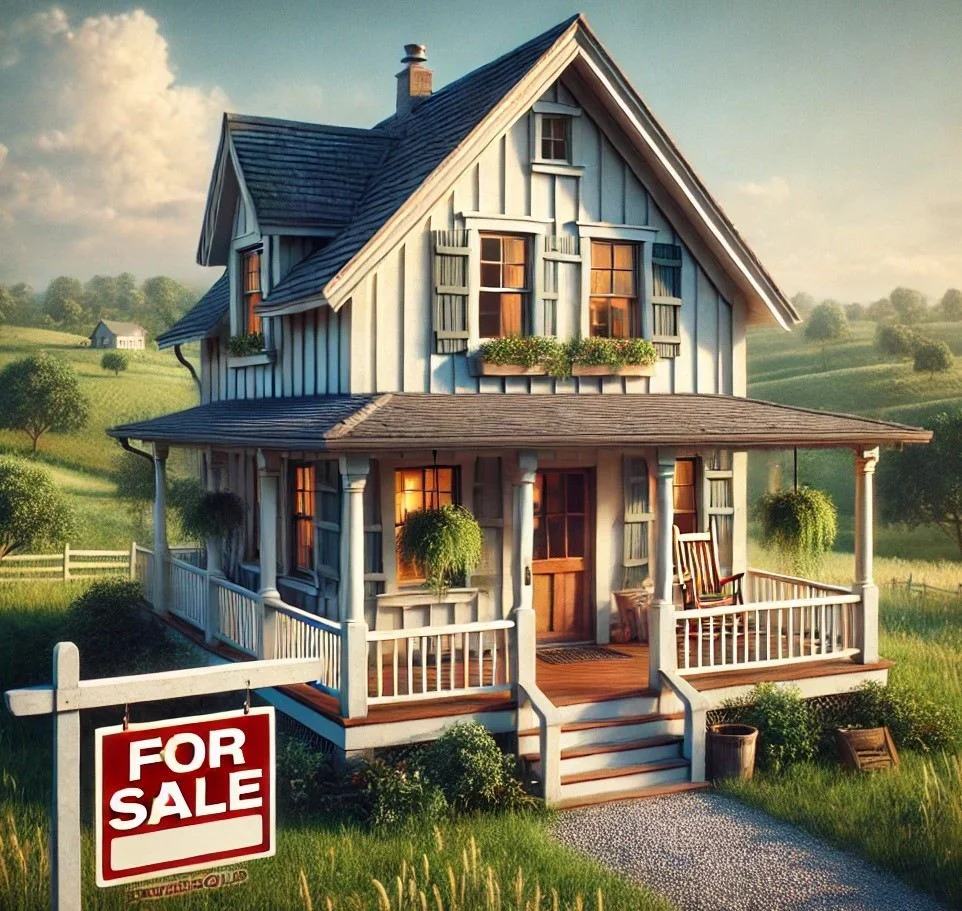
Dreaming of owning a home but think you need perfect credit or a big down payment? Think again. USDA home loans offer one of the best paths to homeownership with zero down payment, flexible credit requirements, and low monthly costs — but qualifying can still be confusing if you don’t know what lenders are looking for. That’s why we’ve created a foolproof step-by-step guide to help you understand exactly what it takes to get approved for a USDA mortgage. From credit scores and income limits to job history and rural property requirements, this guide breaks it all down so you can move forward with confidence.
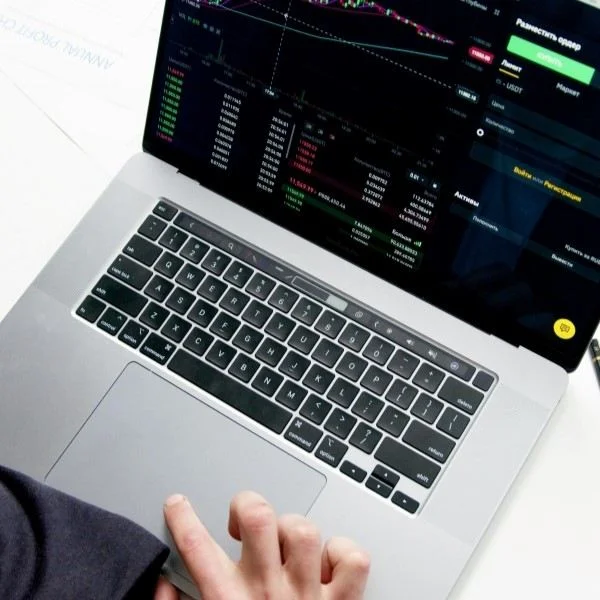
Discover why the housing market isn’t crashing in 2025—and why now might still be a smart time to buy. Learn about market stability, lending trends, and how equity protects today’s homeowners.

We know the feeling. You’ve been told over and over that you should buy a home, but every time you check the numbers — the down payment, the credit score, the job history — it feels like it’s just not possible right now. If you're renting, you're not alone. Millions of people are in the same boat. Life is expensive, and home prices seem higher than ever. It can be discouraging when people talk about “building equity” or “getting out of the rent cycle” and you’re thinking, I’m just trying to stay afloat. This post isn’t here to guilt you. It's here to encourage you — and help you plan. Because even if you can’t buy today, you can start preparing for tomorrow.
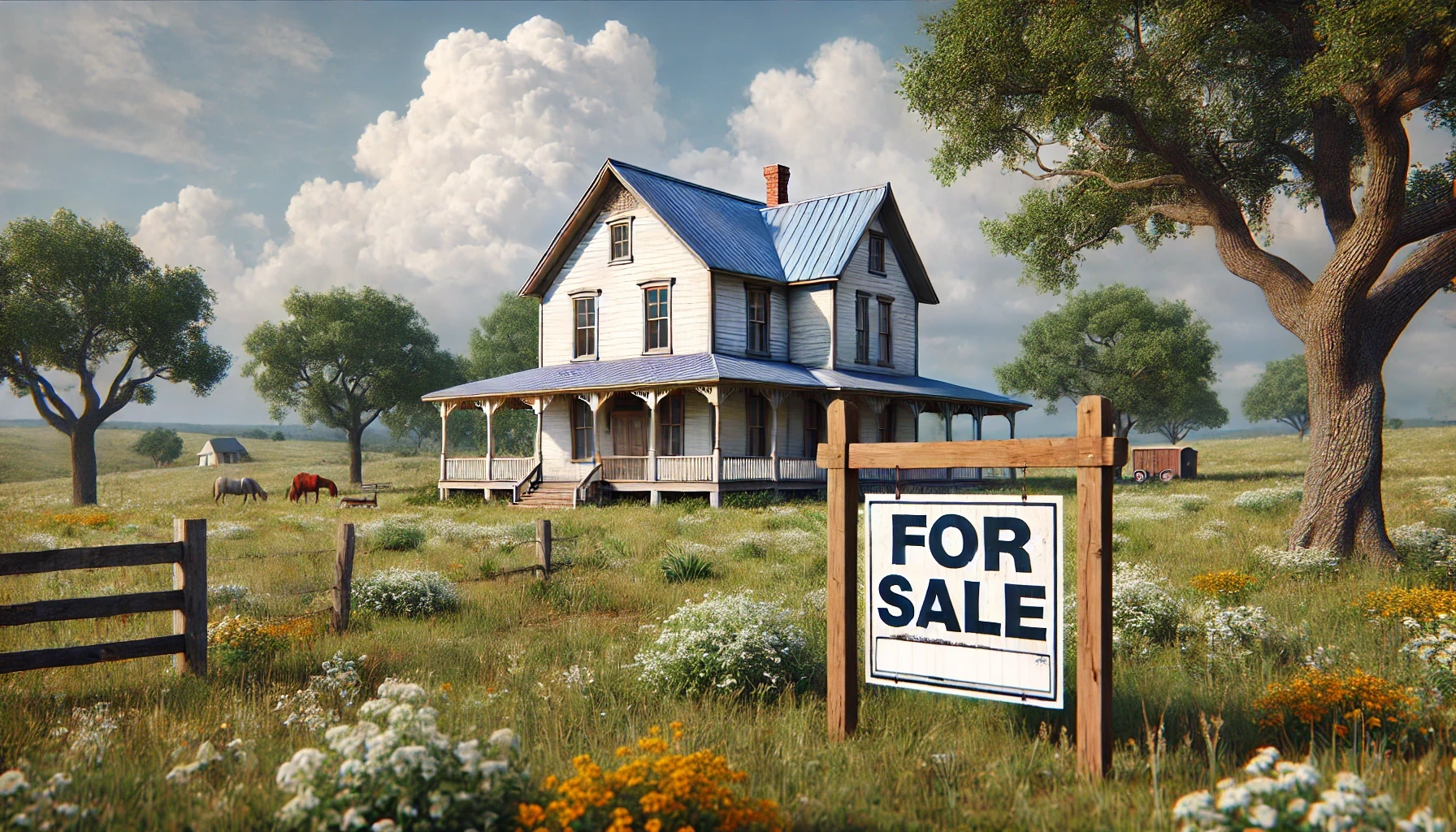
For many people, the idea of owning a home or building wealth through real estate seems out of reach. But what if I told you that with just $5,000, you could take the first step toward transforming your financial future—and building something lasting for future generations?
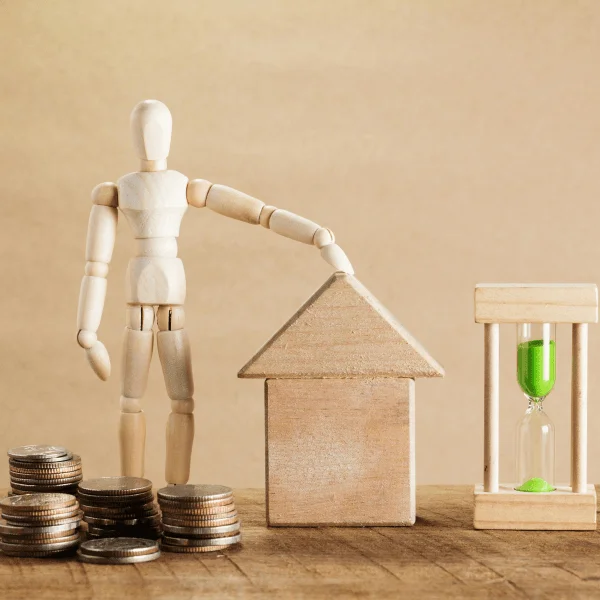
Learn how property taxes are calculated, what factors impact them (like land value and zoning potential), and how to budget smart as a homebuyer in 2025.
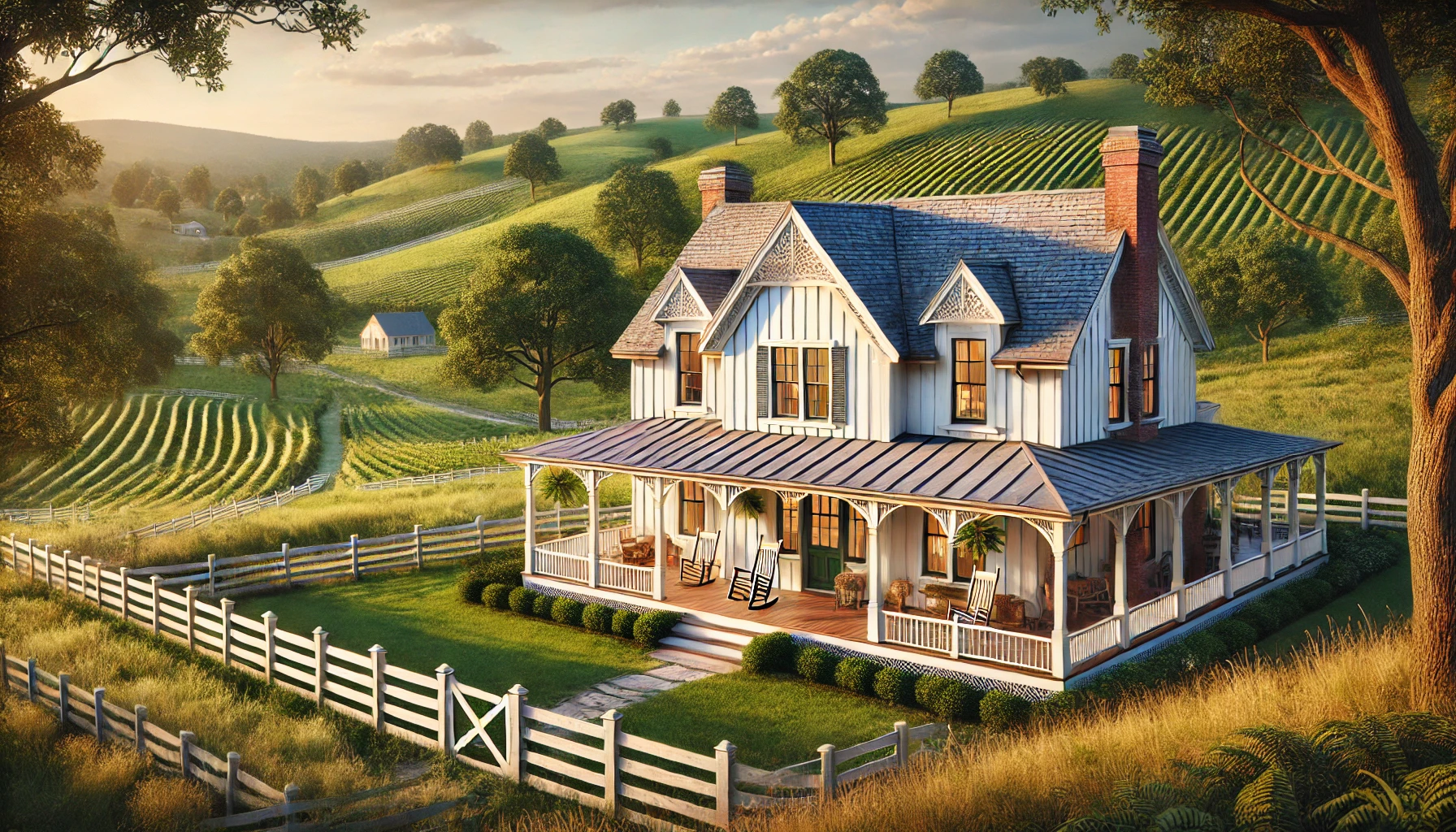
For many first-time homebuyers, the idea of purchasing a home with no down payment sounds too good to be true. And while the USDA Rural Development Loan does offer 0% down, that doesn’t mean it’s a completely free ride. USDA loans are a great opportunity for buyers who meet the requirements, but it’s important to understand the full picture before jumping in. Let’s break down what to expect, what’s required, and how you can prepare for a smooth mortgage process.

Explore how southern U.S. cities like Miami and Memphis are becoming more accessible to homebuyers due to increased inventories and price reductions.?
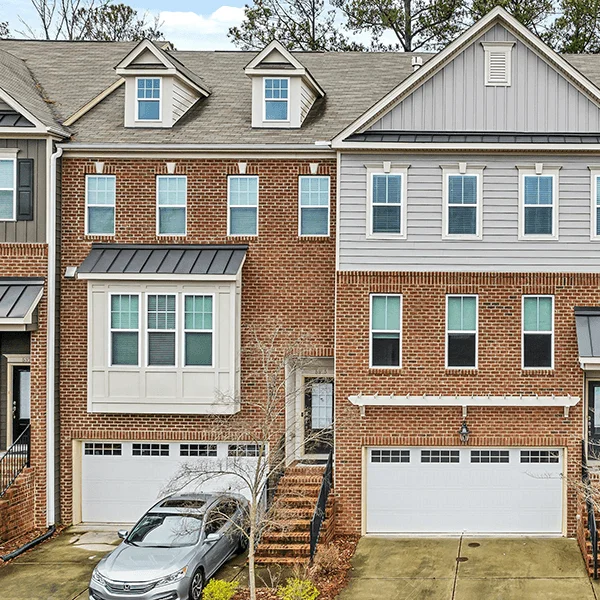
Discover why townhomes are becoming a popular choice for first-time homebuyers, offering affordability, low maintenance, and community amenities in today's housing market.

Before you start falling in love with listings on Zillow or attending open houses, it’s crucial to understand your budget. Knowing your buying power not only gives you confidence but also helps you avoid wasting time on homes that are out of reach—or below your comfort level. That’s where a Mortgage Pre-Qualification Calculator can be incredibly helpful.

Waiting to buy a home in today’s market could cost you more in the long run. Learn why acting now—despite mortgage rates—might be the smartest move for future homeowners.
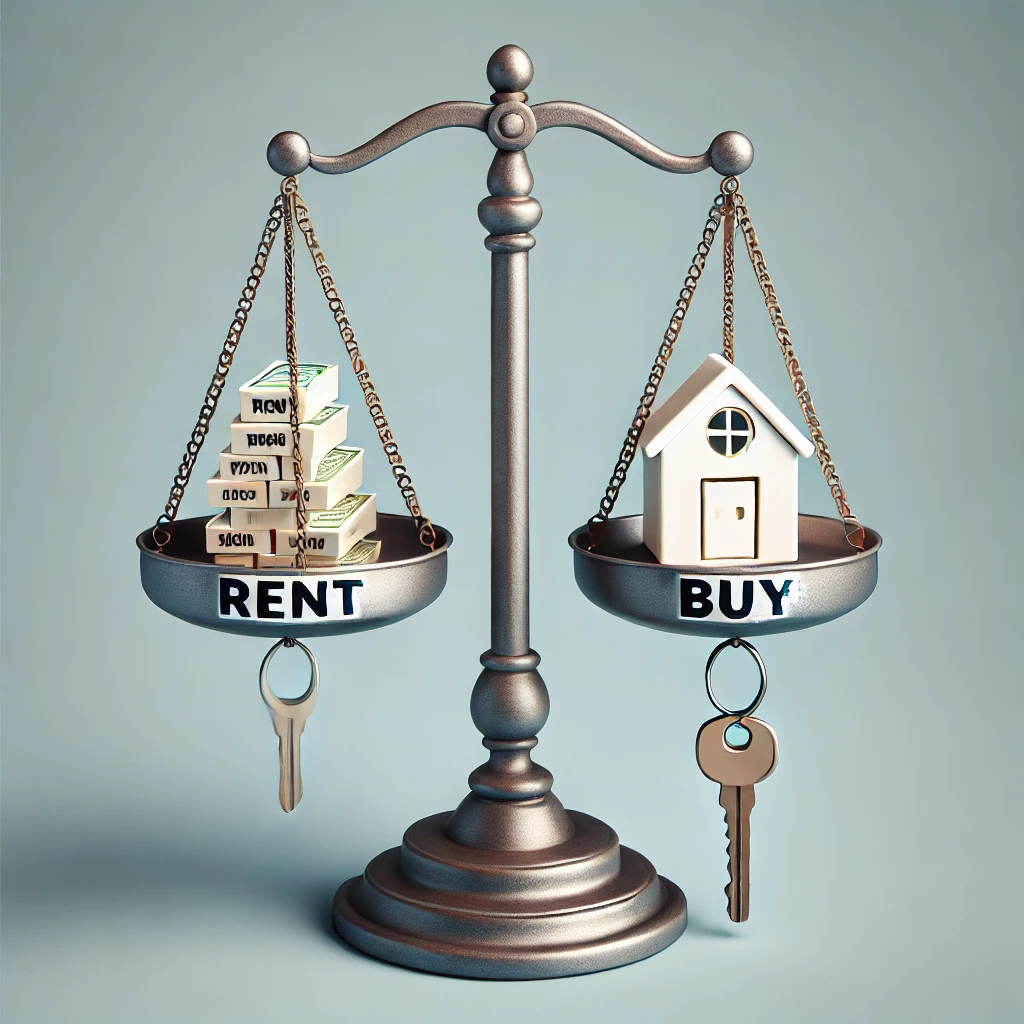
The question of whether to buy a home or rent is one of the biggest financial decisions you’ll ever make. Many people believe homeownership is always the better choice, but is that really true? Let’s break down the numbers and compare two scenarios: buying a $325,000 home with an FHA loan versus renting and investing the difference.

Buying a home might seem out of reach right now, but that doesn’t mean it will always be. Many people struggle to qualify for a mortgage due to credit challenges, debt-to-income ratios, or lack of savings, but with a solid plan, discipline, and time, you can become mortgage-ready! Renting might feel like the only option, but remember: every month you pay rent, you’re building equity for your landlord, not for yourself. The average rent is $2,000 per month, which means over two years, you’ve paid $48,000—and at the end of it, you still don’t own a home. If you commit to a mortgage-readiness plan, you can break that cycle and start building equity for yourself instead. Whether you’re close to qualifying or need a longer runway, here’s a plan to help you reach your goal.

If you're dreaming of homeownership but worried about the upfront costs, you might be surprised to learn that it’s possible to buy a home in a USDA-eligible area with little to no money out of pocket. In fact, by structuring the deal correctly, you can even get your closing costs covered and buy down your interest rate—making homeownership more affordable in the long run. Sounds too good to be true? It’s not! But there’s a catch: it’s not necessarily easy to qualify for. This strategy requires a combination of the right loan, seller negotiations, and strong financial factors on your part. Let’s break it down step by step so you can understand how this works.
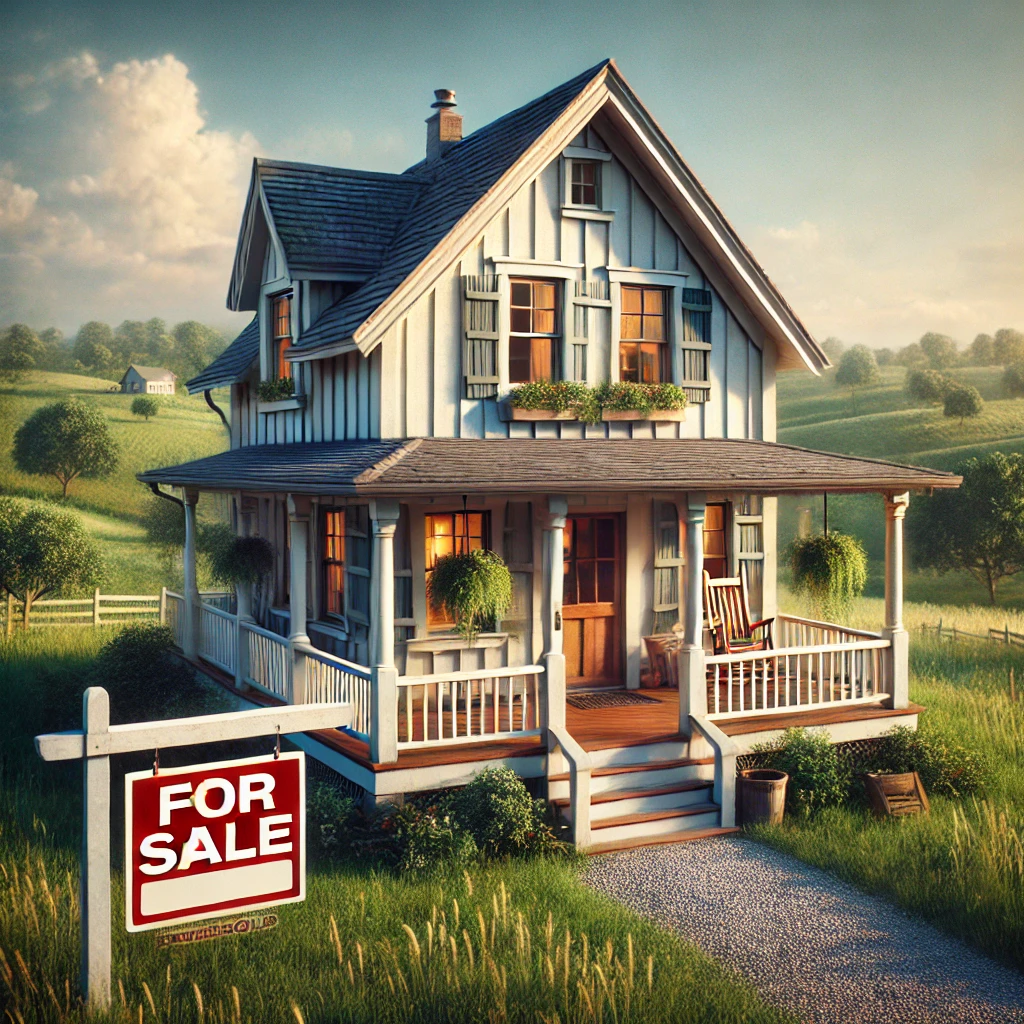
As a loan officer, I’ve learned that buying a home is one of the biggest financial decisions a person can make—and the last thing you need is someone trying to “sell” you on a mortgage. My goal isn’t to convince you to buy a house. Instead, I want to be a resource, helping you explore your options and find the right loan when the time is right for you.

Mortgage rates have dropped to their lowest levels since December, making homeownership more affordable. Learn what this means for buyers and sellers in today’s market.
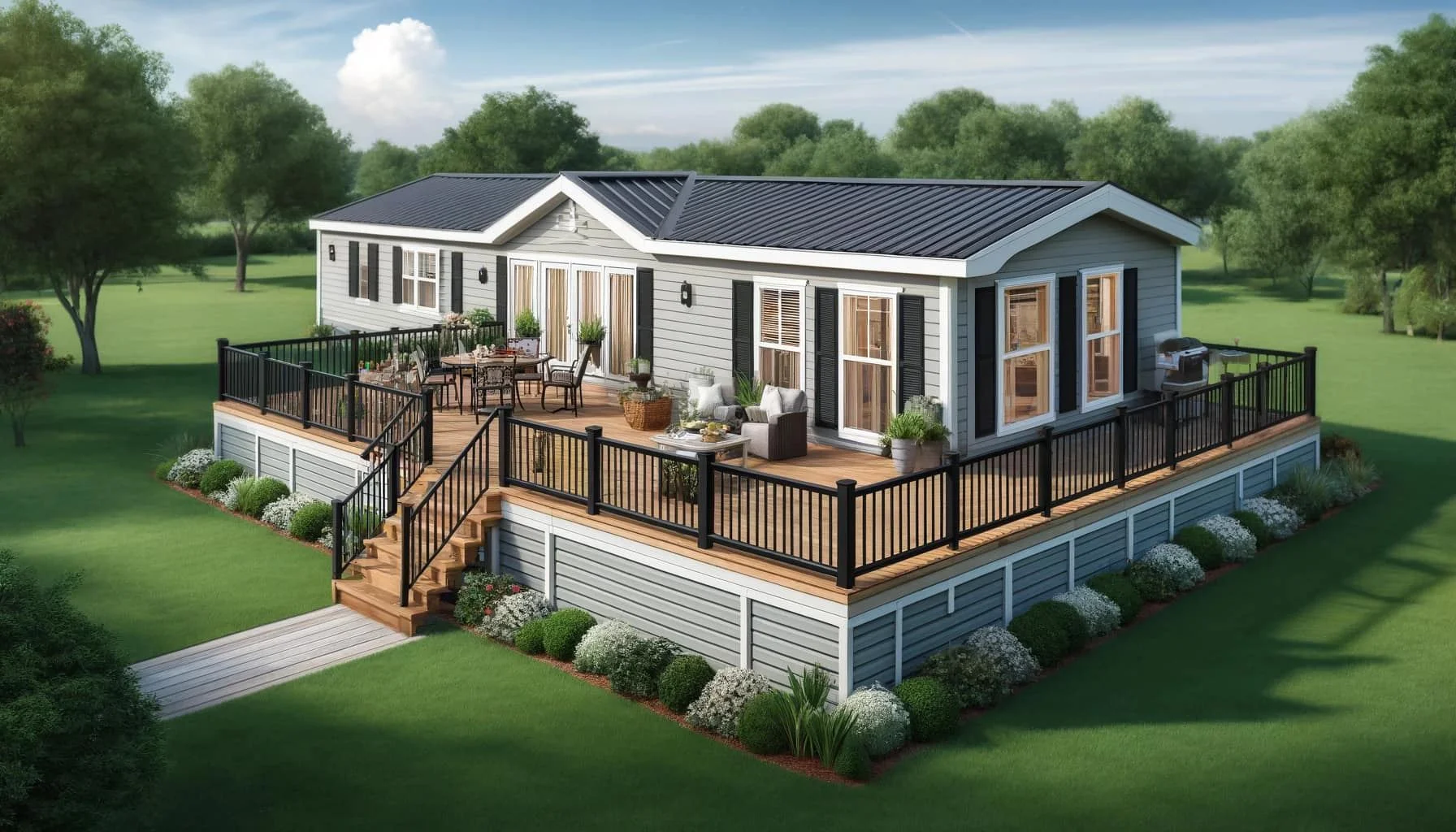
If you're holding off on buying a home because you're worried about home values dropping, you're not alone. Many renters hesitate, fearing that real estate prices might decline after they buy, leaving them with a property worth less than what they paid. But what if waiting to buy is actually costing you more in the long run? While it’s natural to be cautious, let’s break down why homeownership offers stability, long-term financial benefits, and even generational wealth, especially when compared to the ongoing uncertainties of renting
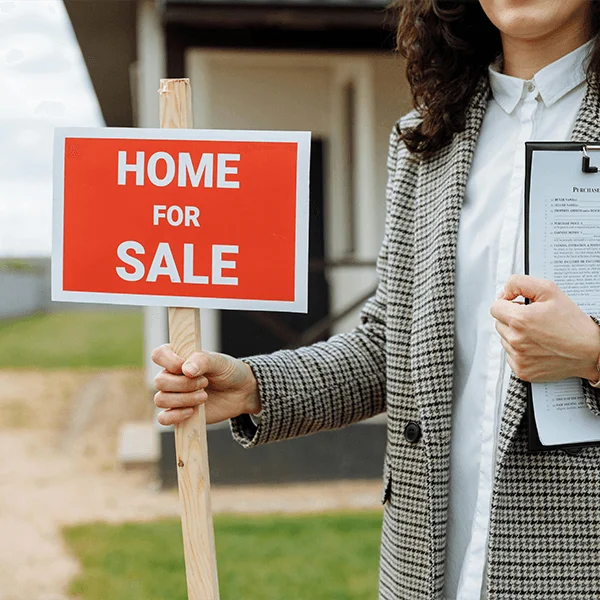
Learn how capital gains taxes work when selling your home and how to reduce what you owe. Consult a tax professional for personalized advice.
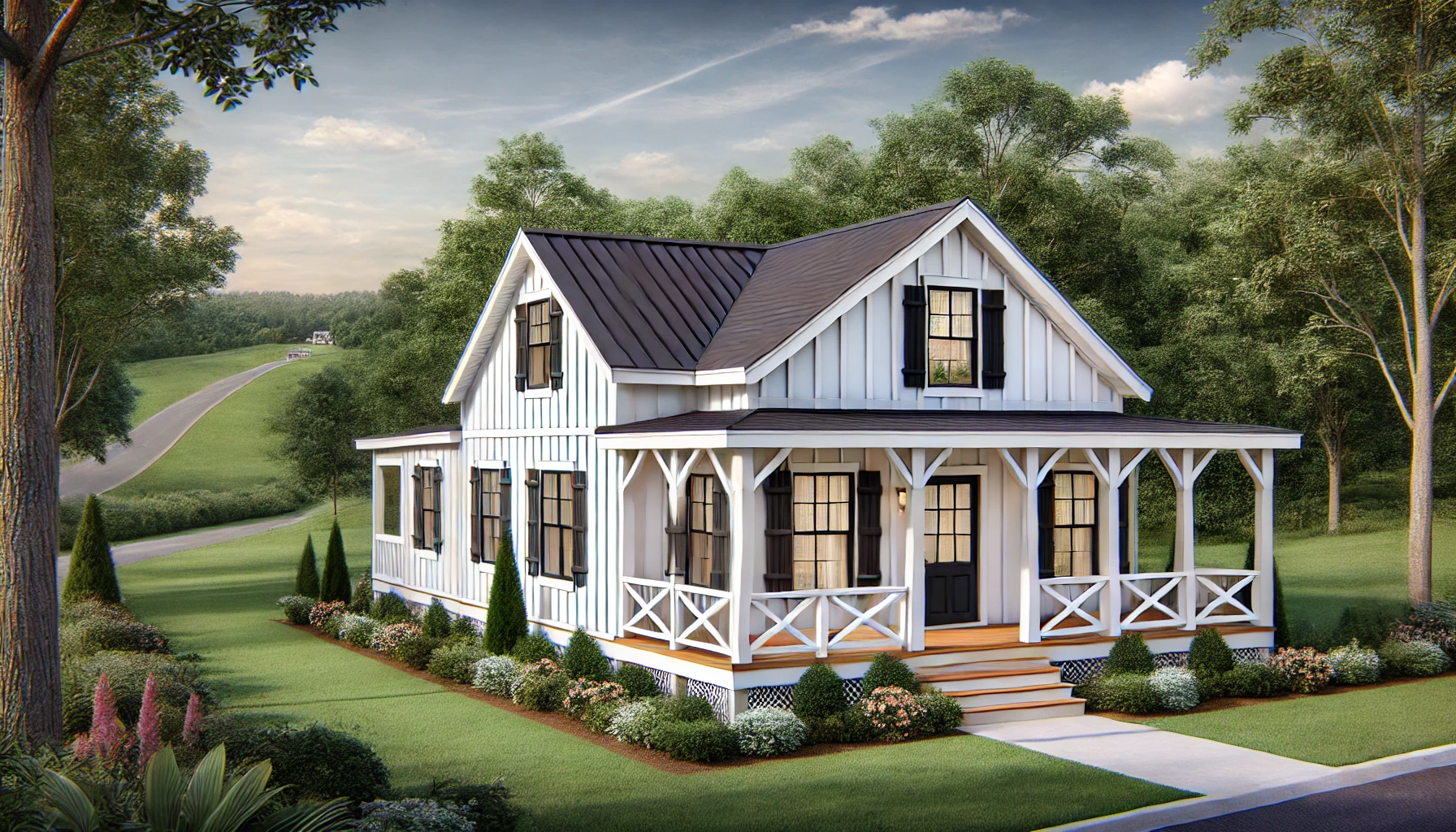
Herd mentality doesn’t just apply to people rushing to buy homes—it also plays a major role in why some people choose not to buy. Just as buyers can be influenced by what others are doing, potential homeowners can be swayed by negative market sentiment, fear of a crash, or the belief that renting is always the safer option. But is that really the best financial move? In this blog, we’ll explore how herd mentality can prevent people from buying a home and why it’s important to separate emotions from smart financial planning.